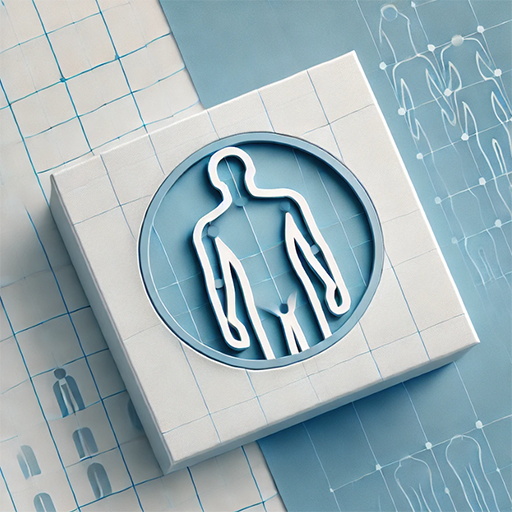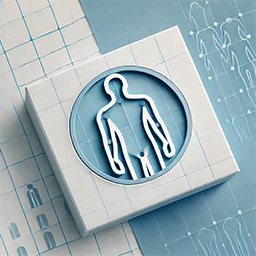Starting a diet can feel like the beginning of a new chapter in your life. You might be excited about the prospect of losing weight, gaining energy, or simply feeling better. However, many people face challenges on their dieting journey, often because of small mistakes that can add up and slow down progress. In this post, we’ll cover 11 mistakes to avoid when you are on a diet so you can stay on track and reach your goals faster.
1. Skipping Meals
When trying to lose weight, it might seem like skipping meals would help you eat fewer calories. However, skipping meals can actually make it harder to stick to your diet. It can leave you feeling hungrier later, causing you to overeat or make poor food choices. Instead of skipping meals, try eating smaller, balanced meals throughout the day. This helps keep your metabolism steady and prevents unhealthy cravings.
2. Not Drinking Enough Water
Water is essential for weight loss and overall health, yet many dieters overlook its importance. Not drinking enough water can lead to dehydration, which may cause fatigue, headaches, and even confusion. Dehydration can also be mistaken for hunger, leading you to eat more than you need. Aim to drink at least 8 cups of water a day, and more if you’re exercising or in hot weather.
3. Relying on Fad Diets
Fad diets promise quick results but are often unsustainable in the long run. They may involve extreme restrictions or elimination of entire food groups, which can be harmful to your health. Instead of relying on a fad diet, focus on creating healthy eating habits that you can maintain over time. A balanced diet that includes a variety of foods is the key to lasting weight loss and health.
4. Not Getting Enough Sleep

Sleep plays a huge role in weight loss. When you don’t get enough sleep, your body’s hunger hormones become imbalanced, which can lead to overeating. Lack of sleep also lowers your energy levels, making it harder to exercise. Aim for 7 to 9 hours of sleep per night to help your body recover and stay on track with your diet.
5. Overestimating Portion Sizes
Portion control is one of the most important aspects of dieting. Even healthy foods can contribute to weight gain if you eat too much of them. It’s easy to overeat, especially when dining out or eating packaged foods. Try measuring your food or using smaller plates to help control portions. This will help you avoid consuming extra calories without realizing it.
6. Not Tracking Your Progress
It can be easy to lose sight of your goals without tracking your progress. If you’re not keeping track of what you eat, how much you exercise, or how your body is changing, you may not notice areas where you need to adjust. Consider using a food journal, a fitness app, or a simple checklist to monitor your progress. This can help you stay motivated and make necessary changes when needed.
7. Ignoring Emotional Eating
Many people turn to food when they’re feeling stressed, anxious, or bored. Emotional eating can derail your diet, especially if you turn to unhealthy comfort foods. To avoid this mistake, try to find healthier ways to cope with emotions, like going for a walk, practicing deep breathing, or journaling. If you feel a craving coming on, take a moment to check if you’re truly hungry or if something else is driving the urge to eat.
8. Choosing Diet Foods That Aren’t Really Healthy
Just because something is labeled as “diet food” or “low fat” doesn’t mean it’s the healthiest option for your body. Some “diet” foods are packed with artificial ingredients, sugar, or chemicals that can sabotage your diet. Instead, focus on whole, unprocessed foods like fruits, vegetables, lean proteins, and whole grains. These will nourish your body and keep you feeling full and satisfied.
9. Eating Too Many “Healthy” Snacks

While healthy snacks like fruits, nuts, or yogurt can be a great addition to your diet, they can also contribute to weight gain if eaten in large amounts. Snacking mindlessly between meals can add up to a significant number of calories without you realizing it. Try to plan your snacks ahead of time and stick to reasonable portion sizes to avoid overindulging.
10. Being Too Hard on Yourself
Dieting isn’t always easy, and everyone slips up from time to time. If you have a cheat meal or miss a workout, don’t be too hard on yourself. Guilt and negative emotions can cause you to give up altogether, setting you back even further. Instead, recognize that mistakes are part of the process. What matters is how quickly you get back on track and continue working toward your goals.
11. Not Including Exercise in Your Plan
Diet alone is often not enough to see the best results. Exercise helps to boost metabolism, burn calories, and improve overall health. Even if you can’t commit to long hours at the gym, try to include more movement in your day, such as walking, biking, or dancing. A combination of a healthy diet and regular physical activity is the best way to achieve lasting weight loss and improved fitness.
Conclusion
Avoiding these common dieting mistakes can help you stay on track and achieve your weight loss goals more efficiently. Remember to focus on balanced eating, staying hydrated, getting enough sleep, and being kind to yourself along the way. With the right approach, your diet can become a sustainable, healthy lifestyle that brings long-term results.
By following these tips and avoiding these pitfalls, you can make your dieting journey smoother and more successful. Stay focused, stay consistent, and most importantly, take care of yourself throughout the process.



